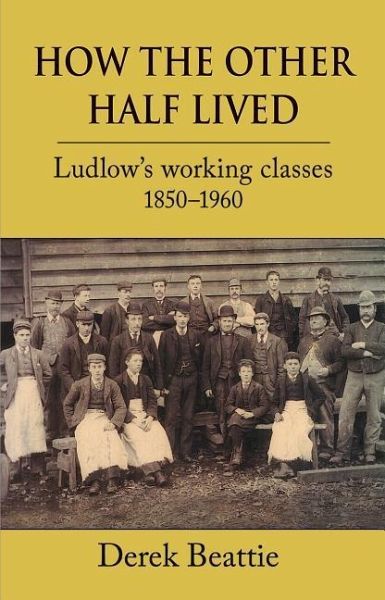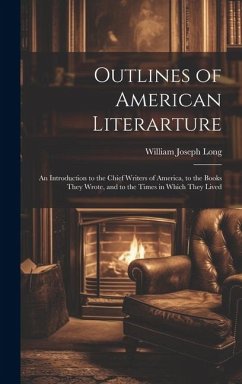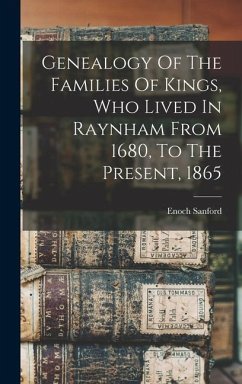
How the Other Half Lived
Ludlow's Working Classes 1850-1960

PAYBACK Punkte
9 °P sammeln!
Ludlow, Shropshire, is perhaps best known today for its Michelin-starred restaurants, its famous Food Festival and its attractive Georgian and medieval market town centre. But it has a less glorious claim to fame: the working classes of Ludlow lagged far behind the rest of the country when it came to their living conditions and, from Victorian times to the middle of the 20th century, they lacked most of the basic comforts. Typhoid was rife, countless houses had no access to running water, and outside toilets were shared by up to five families. When it is remembered that Ludlow's poor household...
Ludlow, Shropshire, is perhaps best known today for its Michelin-starred restaurants, its famous Food Festival and its attractive Georgian and medieval market town centre. But it has a less glorious claim to fame: the working classes of Ludlow lagged far behind the rest of the country when it came to their living conditions and, from Victorian times to the middle of the 20th century, they lacked most of the basic comforts. Typhoid was rife, countless houses had no access to running water, and outside toilets were shared by up to five families. When it is remembered that Ludlow's poor households often numbered eight or more residents, the degree of deprivation becomes clearer. Yet Ludlow's working classes battled on, largely uncomplainingly, until the local council finally agreed reluctantly to building the minimum number of council houses they could get away with, in the 1960s. This is a clear-sighted, well presented and fascinating account of the everyday lives of those living on the 'other' side of Ludlow.













